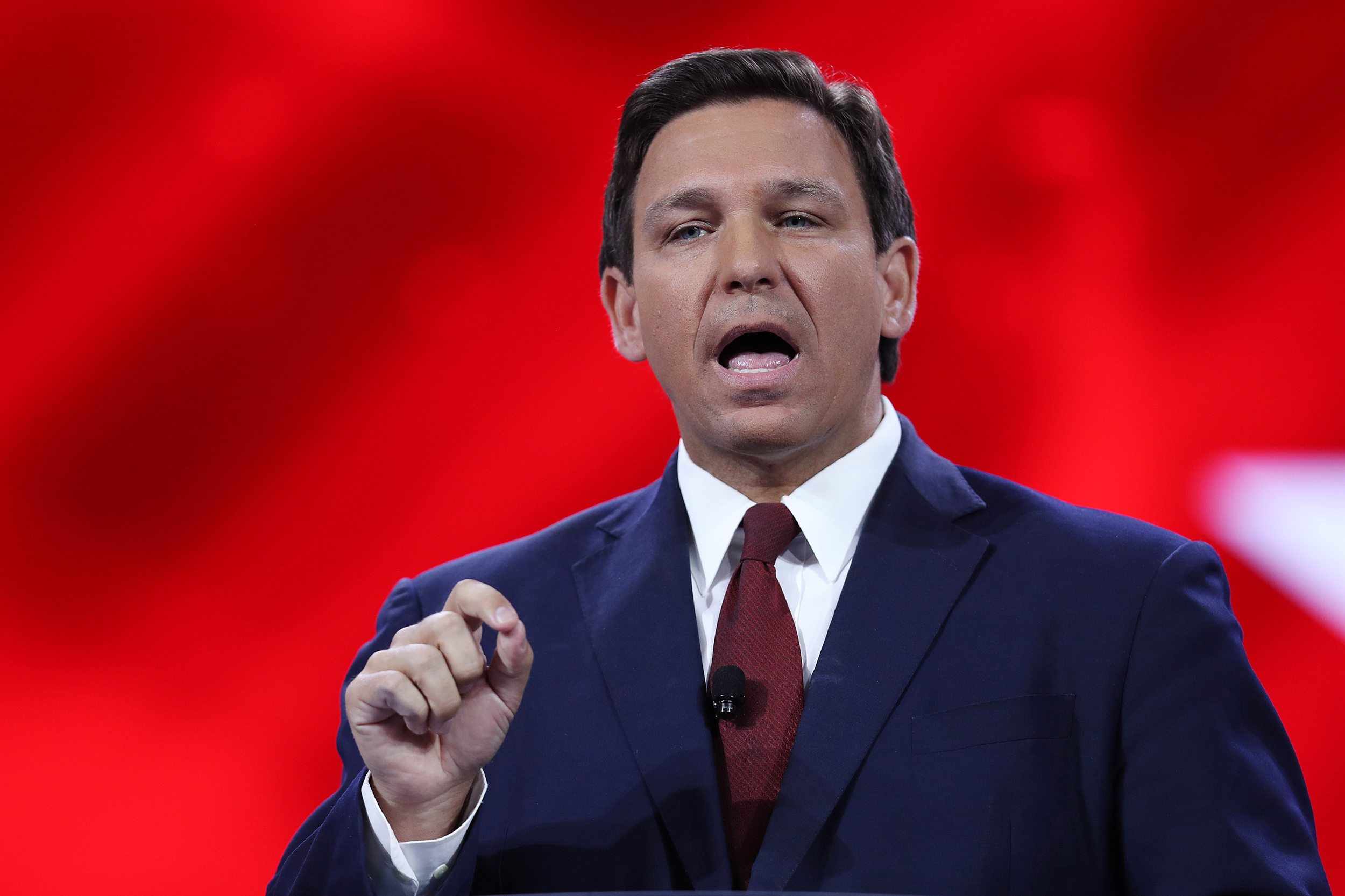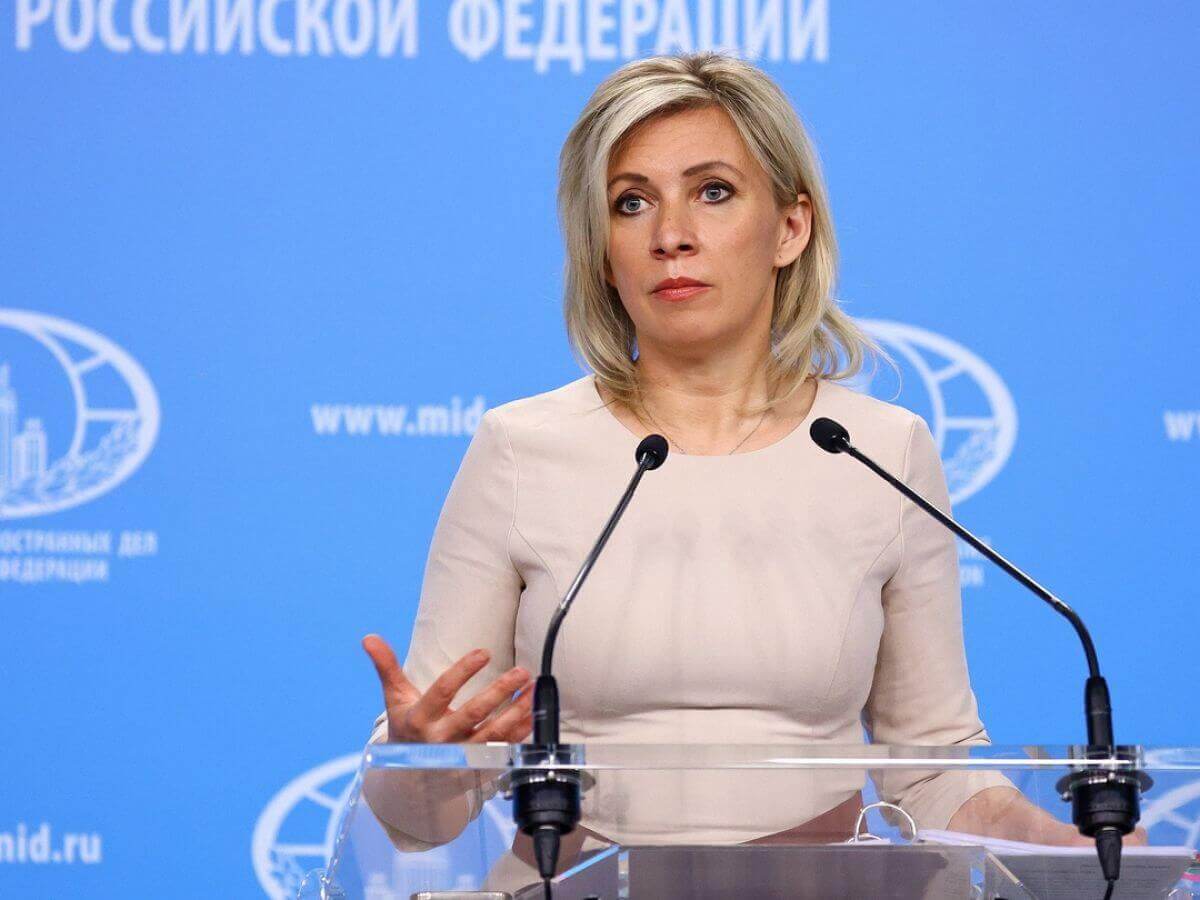South Asia
Indian External Affairs Minister Subrahmanyam Jaishankar met with United Nations Secretary-General António Guterres in New York to discuss the refugee crises caused by political upheaval in Afghanistan and Myanmar. They further discussed the detrimental impact of the Ukraine crisis on global food security. [The Print]
World Trade Organisation Secretary-General Ngozi Okonjo-Iweala dismissed suggestions that the India-led agreement on easing intellectual property rules for COVID-19 vaccines is being rejected, saying the deal is merely going through its “last few tweaks.” However, she did not provide any timeline for when the deal might be approved. [Reuters]
Central Asia and the Caucasus
Kyrgyz Foreign Minister Ruslan Kazakbaev held a phone call with his Tajik counterpart Sirojiddin Muhriddin on Thursday to discuss the recent escalation along a section of their disputed border. Both diplomats “agreed to continue discussions on further steps to resolve border issues.” On Tuesday, one Tajik soldier was killed in a shootout between border guards after Kyrgyzstan accused Tajik forces of crossing 20 metres into its territory. [RFE/RL]
Russian Foreign Ministry spokesperson Maria Zakharova said on Thursday that Russia is willing to promote the signing of a peace treaty between Armenia and Azerbaijan. Zakharova also stated that the issue was also discussed by President Vladimir Putin with his Azerbaijani counterpart Ilham Aliyev and Armenian Prime Minister Nikol Pashinyan. [Public Radio of Armenia]
East and Southeast Asia
The death toll from the Philippines’ tropical storm Megi climbed to 123 on Thursday. The country’s military has pledged to continue search and rescue efforts for those buried under landslides. The storm made landfall on Sunday with sustained winds of up to 65 km/h but has since dissipated. [Channel News Asia]
In a special report called “2022 Challenges to Security in Space,” which aimed to address the threats to the United States’ (US) space capabilities, the US Defence Intelligence Agency said that North Korea will continue to focus on enhancing non-kinetic counter space and electronic warfare capabilities to attack and disrupt the US’ space systems. However, the report notes that Washington’s main threats originate from China and Russia. [The Straits Times]
Europe
On Thursday, German Vice-Chancellor and Economy and Climate Minister Robert Habeck recanted support for sending tanks to Ukraine just two days after promising to do anything to aid the Ukrainian army. Habeck said the delivery of Western weapons, including tanks, to Ukraine could provoke Russian President Vladimir Putin to expand the war to Western countries. [Politico]
On Thursday Polish Minister of Defence Mariusz Blaszczak confirmed the purchase of six anti-aircraft systems from MBDA UK, the British subsidiary of the American MBDA missile systems. The Narew system will be part of Warsaw’s short-range missile defence programme and will be equipped with British-made CAMM missiles. Blaszczak said, “Poland has learned its lesson from what is happening across its eastern border.” [The Warsaw Voice]
The United Nations Refugee Agency has urged the British government to ensure that its “Home for Ukraine” scheme has a “more appropriate matching process” to ensure that women do not get matched with single men and are instead housed with families or couples. The organisation warned that the vulnerable Ukrainian refugees are at risk of exploitation. [The Guardian]
Latin America and the Caribbean
Amid escalating sanctions over its invasion of Ukraine, Russia's Finance Minister, Anton Siluanov, wrote to Brazilian Economy Minister Paulo Guedes requesting “support to prevent political accusations and discrimination attempts” against Russia in the International Monetary Fund and the World Bank. Virtually half of Russia’s international reserves have been frozen and a number of foreign trade transactions are being blocked. Brazilian President Jair Bolsonaro visited Moscow just days before the war began; Brazil has also voted against or abstained from removing Russia from institutions and groupings such as the G20 and the United Nations Human Rights Council. [CNN]
In a report released on Thursday, the Bank of America said newly-elected Chilean President Gabriel Boric’s plan to expand social programs and government spending is at odds with the country’s economic downturn and high inflation. Aside from social programs, Boric also recently announced a $3.7 billion post-pandemic economic recovery plan. The banks said that the plan is “reasonable” but that the new president will face pressure to increase spending even more due to his revolutionary platform as well as the drafting of a new constitution. [Reuters]

Middle East and North Africa (MENA)
United Nations special envoy for Yemen Hans Grundberg on Thursday expressed hope about bringing the seven-year-long Yemeni conflict to an end. He said there is “a light at the end of the tunnel” following the two-month ceasefire deal reached last week between warring parties. He also said that the ceasefire is fragile and all sides must take steps to ensure its success. [Associated Press]
Gazan militant group Hamas on Thursday called for an escalation of violence against Israel amid ongoing Israeli raids in the West Bank and East Jerusalem that have resulted in the deaths of several Palestinians. “We are declaring a general mobilisation in all places where our people are located,” the group said. Israeli security forces have been conducting combing operations in the West Bank following a wave of terror attacks that killed a dozen Israelis over the last month. [Times of Israel]
North America
Florida Governor Ron DeSantis on Thursday signed into law a bill that imposes severe restrictions on abortion after 15-weeks of pregnancy, replacing the earlier 24-week mark. Florida’s decision adds to the growing list of Republican states such as Oklahoma, Kentucky, and Mississippi to have adopted a 15-week mark for abortion. The new law does not make an exception in the cases of incest, rape, or human trafficking. Pro-choice groups such as Planned Parenthood have deemed the law an attack on the reproductive freedoms of Floridians. [NPR]
Central Investigation Agency (CIA) Director William Burns in a speech on Thursday warned that the United States should not “take lightly” the possibility of Russia using nuclear forces. The CIA Chief said the Russian President Vladimir Putin is prone to “potential desperation” following Moscow’s lacklustre military performance in Ukraine. [The Hill]
Oceania
On Thursday, New Zealand’s Foreign Affairs Minister, Nanaia Mahuta, rebuffed the Parliament’s Foreign Affairs Select Committee’s demand to summon Russian ambassador Georgii Zuev for questioning, saying the ambassador enjoys diplomatic immunity under the Geneva convention. Mahuta added that the Committee does not have the power to summon an individual. [Newshub]
Australian Prime Minister Scott Morrison’s liberal candidate for the electoral division of McMahon, Vivek Singha, accused Indian Prime Minister Narendra Modi of sowing “divisions, hatred, and fear in India” and being “unable to do a press conference at all for fear of being asked a Gujarat or Delhi or All India genocide question.” Singha’s comments come ahead of federal elections in May and amid deepening bilateral ties between both countries. [The Guardian]
Sub-Saharan Africa
The death toll from heavy rain and flooding in South Africa's eastern KwaZulu-Natal province, largely in the city of Durban, has now risen to 341, with the number expected to rise. The cost is estimated at $52 million with the floods having caused infrastructural damage to roads, homes, and power lines. [Associated Press]
British Home Secretary Priti Patel travelled to Kigali to sign a deal with Rwandan Minister of Foreign Affairs Vincent Biruta to relocate some of the asylum-seekers who arrive in the United Kingdom to Rwanda. Patel said they would be supported for up to five years in the East African country and will be provided with training, accommodation, and health care “so they can resettle and thrive.” Biruta clarified that anyone who does “not wish to make Rwanda their new home [...] will be facilitated to return to their country of origin to settle in or other receiving countries.” The UK’s plan, which has been criticised as “inhumane,” is not centred around migrants’ country of origin but whether they use “illegal or dangerous routes” to enter the UK. For example, over 28,000 people entered the UK on small boats last year, mostly from northern France. [Africanews]

